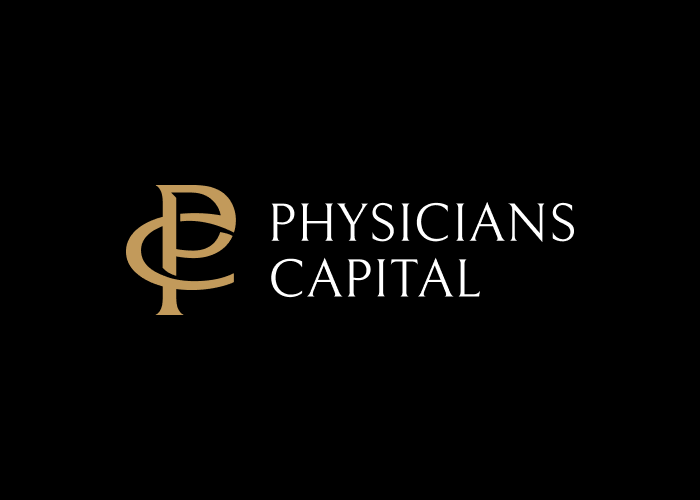Medical office tenants rarely pick the cheapest lease on paper. Instead, they often choose one that gives them more to manage, and more to pay for, up front. It seems counterintuitive, but there is a clear, practical reason behind this choice.
One monthly payment covers everything, including taxes, insurance, and building maintenance. For smaller practices or short-term occupants, this makes sense. There’s no fluctuation, no coordination, and minimal involvement. But with that simplicity comes a lack of control. The landlord decides how the property is maintained, what’s included in the rent, and how costs are allocated. That can mean paying a premium for hidden overhead and accepting lower property standards when the landlord cuts corners. In a healthcare setting, those standards matter. Patients notice when carpets are stained or HVAC systems underperform. And under a gross lease, tenants have little power to fix those issues quickly or cost-effectively.
Triple Net (NNN) leases work differently. Tenants pay a lower base rent, but they also take on direct responsibility for taxes, insurance, and maintenance. That includes organising repairs and keeping common areas to a standard that suits their practice. This added responsibility might seem like a burden, but for many healthcare operators, it’s a better fit. It allows them to manage the property to clinical standards, ensure a consistent patient experience, and avoid the margin landlords typically build into gross leases to protect their own downside.
Physicians Capital are the only physicians-owned private real estate investment firm that allows doctors to reclaim ownership, generate passive income and build long-term wealth.






































